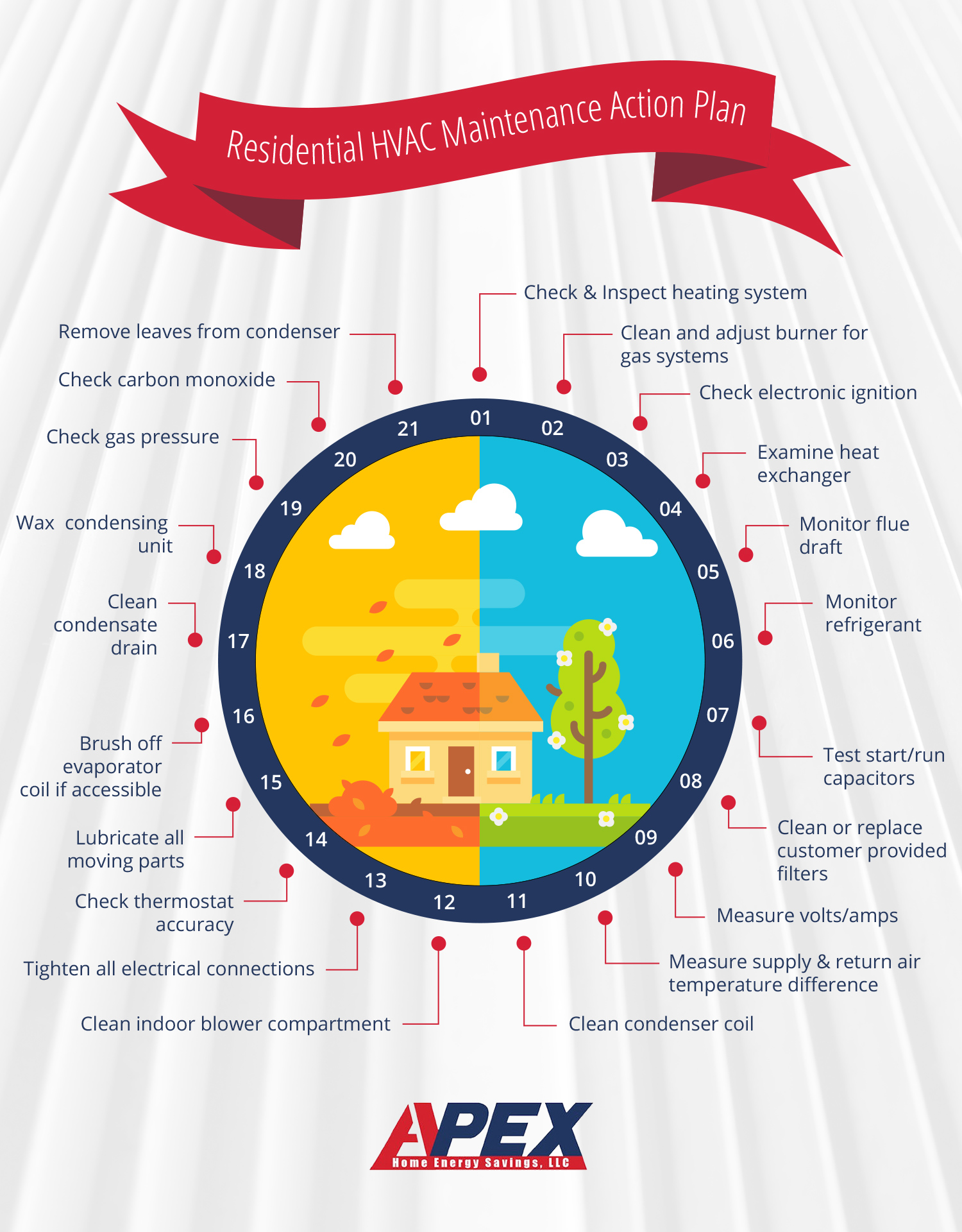Understand Just How To Take Full Advantage Of The Performance And Resilience Of Your Heatpump System By Avoiding Constant Installment Challenges
Understand Just How To Take Full Advantage Of The Performance And Resilience Of Your Heatpump System By Avoiding Constant Installment Challenges
Blog Article
Write-Up Composed By-Vind Rankin
When setting up a heat pump, you should stay away from common blunders that could jeopardize its performance. Ignoring appropriate sizing may bring about inefficiencies and greater utility prices. Neglecting insulation and securing can result in power waste and stress on the unit. Additionally, placing the outdoor system incorrectly might influence its efficiency. By staying clear of these mistakes, you can make sure optimum functioning and toughness of your heatpump system.
Improper Sizing of Heat Pump
When it comes to the installation of heatpump, among one of the most common errors is poorly sizing the unit for your space. Making sure mouse click the following article is essential for optimum efficiency. If the heatpump is too tiny, it will certainly struggle to warm or cool your space effectively, leading to raised energy expenses and possible damage on the device.
On the other hand, if the heat pump is as well huge, it will certainly cycle on and off often, triggering temperature level changes and lowering its life expectancy.
To prevent this mistake, it's vital to have a professional evaluate your area and suggest the proper dimension of the heat pump based on elements like square footage, insulation, ceiling elevation, and neighborhood environment. By spending the moment and initiative to ensure the proper sizing, you can appreciate a comfortable environment while taking full advantage of energy effectiveness and lengthening the life-span of your heatpump.
Inadequate Insulation and Sealing
To make certain the effective operation of your heatpump, it's crucial to resolve inadequate insulation and sealing in your area. Appropriate insulation assists keep a regular temperature inside your home, lowering the workload on your heatpump. Insufficient insulation can cause energy loss, making your heat pump work harder and less successfully.
Sealing any kind of gaps or leaks in your space is equally vital. These spaces enable conditioned air to leave and exterior air to permeate in, requiring your heatpump to compensate for the temperature changes.
Wrong Positioning of Outdoor System
Addressing the positioning of your heatpump's exterior device is vital to maximizing its efficiency. Setting up the outside device in an inaccurate place can lead to performance problems and prospective damage to the unit.
One common error to prevent is putting the outdoor device also near to a wall or other structures. https://cost-to-add-additional-hv67777.blogoxo.com/31230299/a-comprehensive-summary-for-beginners-on-the-fundamentals-of-heat-pumps-recognizing-their-operation can restrict airflow, triggering the unit to work more challenging to heat or cool your area, inevitably reducing its effectiveness and life expectancy.
Another mistake to avoid is placing the outside system in straight sunshine. While some sunshine is inescapable, extreme direct exposure can result in overheating, specifically during warm summer season days. It's best to place the outside system in a shaded location to assist keep its optimal operating temperature.
Furthermore, ensure that the exterior system is placed on a stable and degree surface area. Irregular ground can trigger vibrations and unneeded stress on the unit, affecting its performance over time.
ducted heat pump system
To conclude, preventing typical mistakes throughout heat pump setup is necessary for making best use of effectiveness and long life of your system. By guaranteeing proper sizing, appropriate insulation, securing, and correct placement of the outside device, you can protect against problems such as ineffectiveness, raised power expenses, and stress on the device. Making the effort to deal with these key factors will inevitably conserve you money and time over time.
